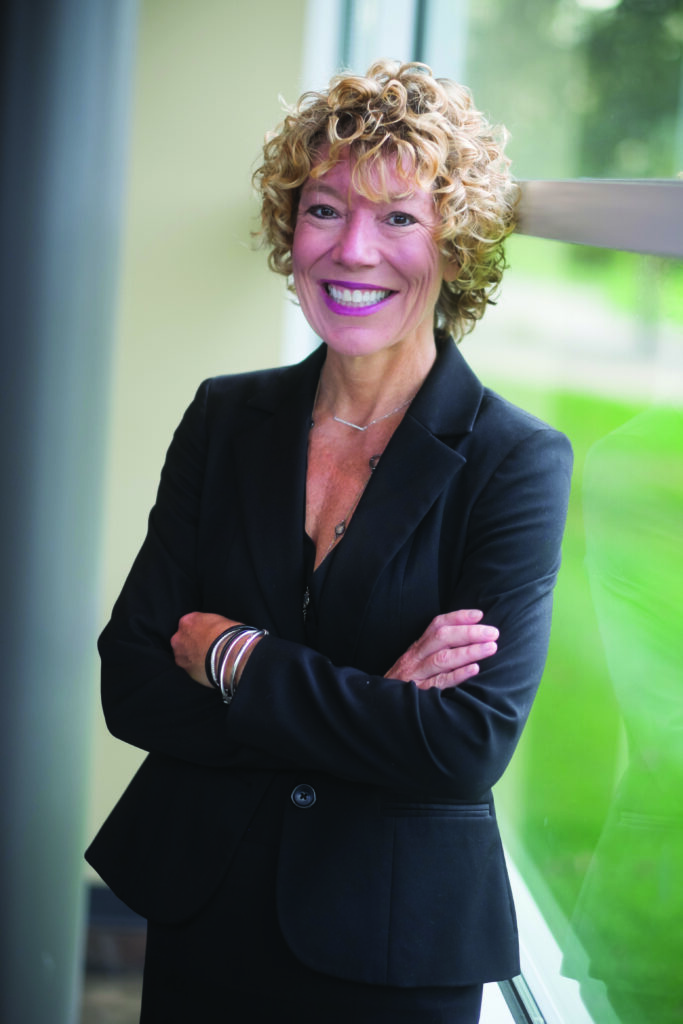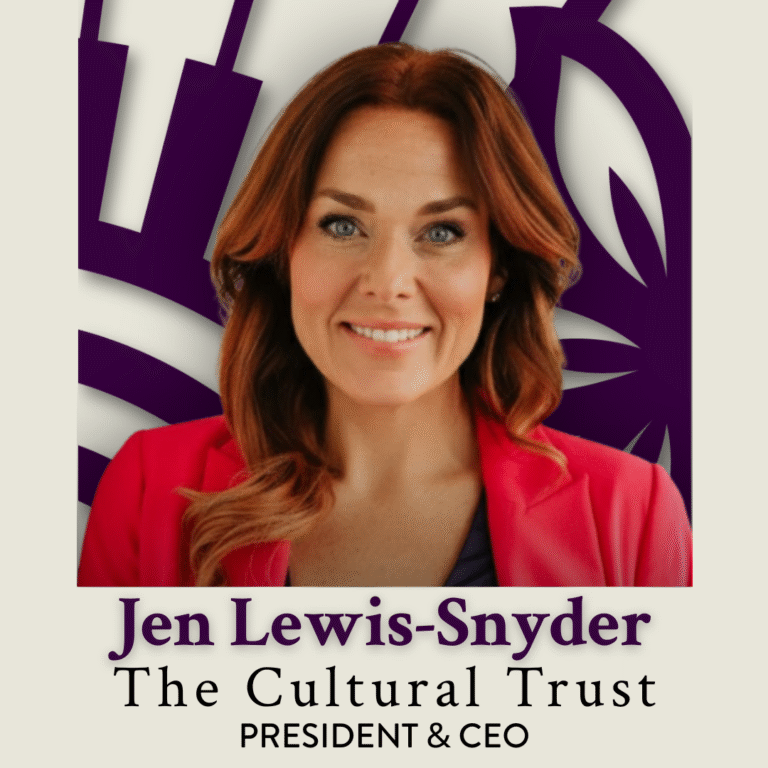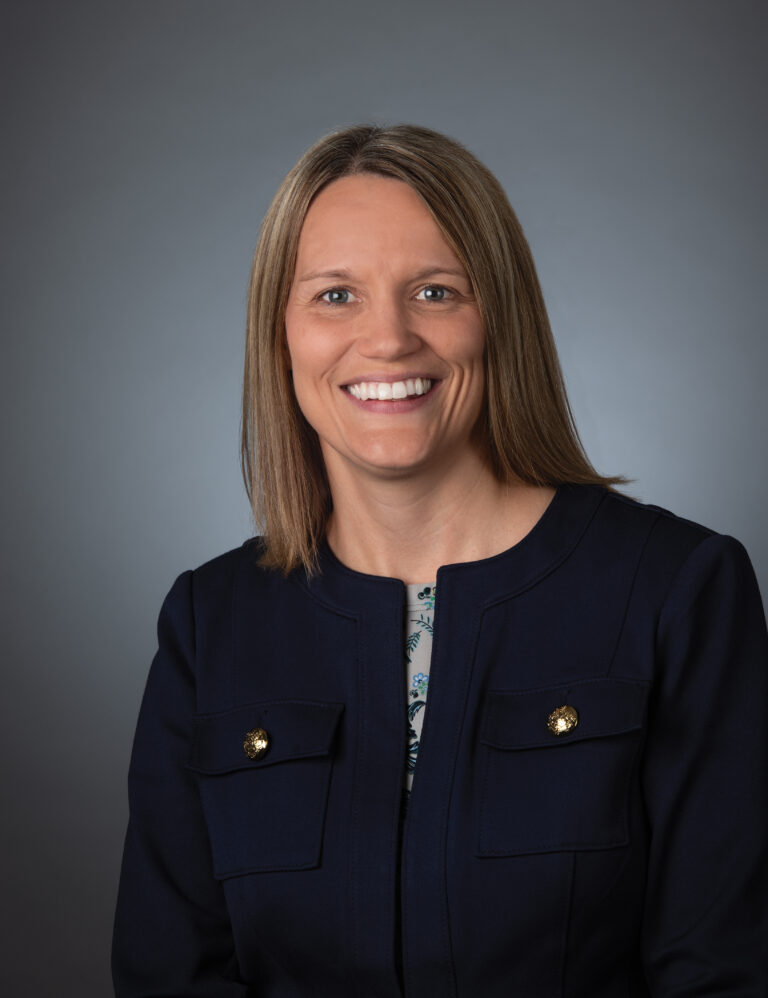Women are building their own financial legacies by earning more money than ever, as well as running their own businesses and owning homes that can lead to wealth creation. Also, over the next 23 years, women are estimated to be inheriting over $50 trillion in what’s been called “the great wealth transfer,” according to a report from Cerulli Associates.
Simply put, we are entering an era where more money than ever will be controlled by women.
The Quad Cities Regional Business Journal recently connected with Heidi Parkhurst, a Quad Cities-based wealth management advisor at Merrill Wealth Management, who discussed these trends.
Q: How are women gaining wealth today?
A: It’s an exciting time as a female wealth advisor to witness the growing economic power of women. They’re earning more in general, and younger women often have side gigs creating multiple income streams. Also helping to boost pay is the fact that women continue to graduate with post-secondary degrees at higher rates than men. Roughly 58% of bachelor degrees earned each year go to women, while the percentage for master degrees is even higher – 62% of the total, according to research compiled by Merrill.
Q: What are some trends you have observed in how women are investing?
A: Seventy-five percent of women under 45 now manage their own finances. Women are increasingly taking charge of their financial futures, showing growing confidence in managing their investments compared to previous years. According to one of our recent Merrill studies, 53% of women now feel confident managing their investments, up from 49% in 2018. It’s also important to understand that women tend to have distinct investing habits. A Bank of America Research Institute study in 2024 showed women tend to be more risk-adverse, meaning they are focused on protecting capital for the long term.
Q: What can women do to take greater control of their finances?
A: Statistically, women tend to outlive their husbands. So, it is important for wives to talk money with their spouses, get actively involved in family investments and financial planning, and to ensure access to all records and accounts. It also is important for a financial advisor to establish a relationship with all members of a family. Life happens unexpectedly – so it is best to be prepared for anything, such as divorce or a spouse passing away at an early age.
Q: What advice do you have for women who are just returning to the workforce after raising their children?
A: Career interruptions can cause women to lose out on potential raises and reduce how much they’ll save in their employer-sponsored savings plan and collect from Social Security. One recent study found that breaks for caregiving cut women’s lifetime earnings by 15%. There are ways to compensate for this, including funding a health savings account or IRA, as well as making an informed decision about when to claim Social Security.
Q: What else should women consider when it comes to money?
A: Consider building a lasting financial legacy for the next generation. Start by educating your children and grandchildren early, regularly talk about money with them to demystify wealth and investing.
Q: Social media is everywhere and there are lots of influencers offering investment tips, for example – is that helpful?
A: There are plenty of tips and ideas you can find on the internet. What we find is that someone will come to our office and say, “Hey, I heard this on TikTok, what do you think?” So, yes social media can be a starting point to spark interest and conversation around finances. But for a broader and more focused discussion about investment goals, retirement goals and individual situations, do that with an experienced advisor. Merrill has an easy, online tool at www.ml.com/merrill-advisor-match.html to help connect you with an advisor – you don’t need to do this alone.
(Heidi Parkhurst is senior resident director at Merrill Lynch Wealth Management, Davenport, and president of Bank of America Iowa.)







